Supporting food system resilience for thriving communities-SAT
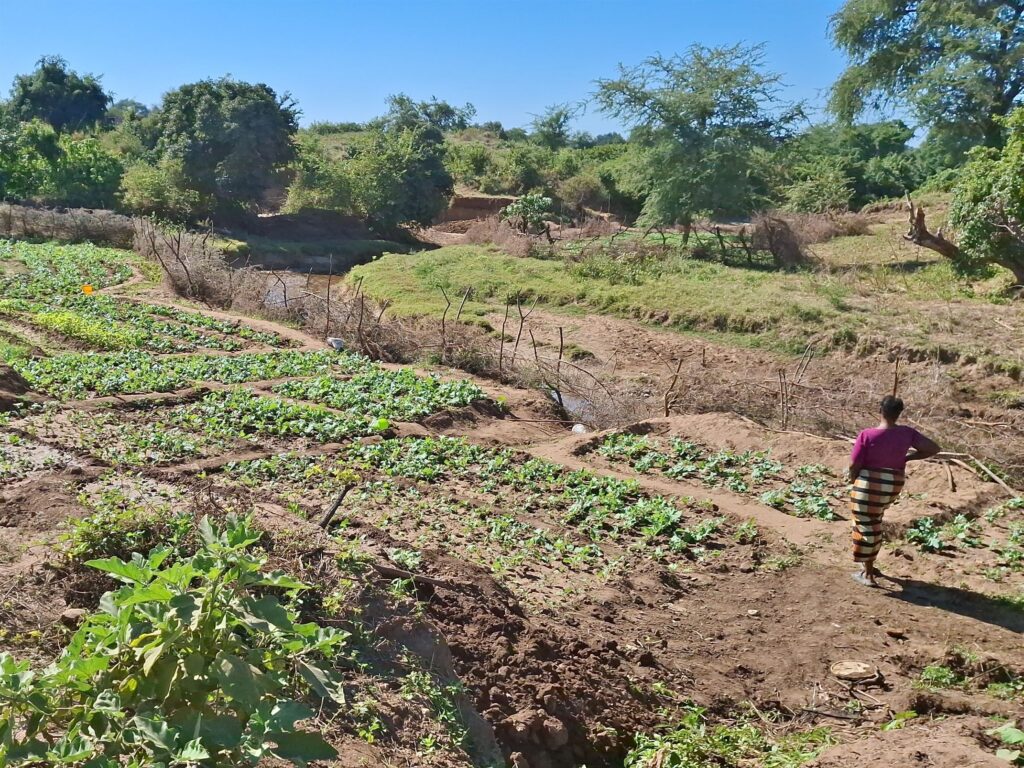
The Voices for Climate Justice & Natural Resource Governance initiative, implemented by the Centre for Environment Justice (CEJ) with support from the Southern Africa Trust (SAT), is a transformative project aimed at promoting sustainable natural resource management and climate action in Zambia. Aligned with Sustainable Development Goals (SDGs) 13 (Climate Action), 15 (Life on Land), and 17 (Partnerships for the Goals), the project addresses systemic governance barriers that restrict marginalized communities’ access to natural resources and equitable benefit-sharing. It seeks to foster inclusive policy frameworks by amplifying the voices of women, youth, and traditional leaders, reducing conflicts over resource management, and promoting sustainable economic and environmental outcomes.
The project operates on two primary pillars, natural resource governance and climate action. In the realm of natural resource governance, it encourages dialogue and consultations to address institutional and legal constraints that limit community rights, particularly those of traditional authorities and local communities. Historically, these groups have been sidelined in decisions regarding resource utilization, often excluded from benefit-sharing mechanisms. The initiative advocates for participatory decision-making, ensuring communities have a stake in managing land, forests, minerals, and wildlife, which are critical to Zambia’s economy and cultural heritage. On the climate action front, the project amplifies the voices of youth and civil society organizations (CSOs) to influence climate policy and financing. It pushes for the establishment of a National Climate Change Fund, the enactment of a Climate Change Bill, and the implementation of Zambia’s Nationally Determined Contribution (NDC) under the Paris Agreement. Additionally, it promotes innovative financing for climate mitigation and adaptation, emphasizing grassroots solutions to build resilience against climate impacts. By integrating traditional knowledge with modern policy advocacy, the project aims to create sustainable, locally driven solutions.
Description of the Food Security Initiative Via Economic Empowerment Support
The food security initiative under the SAT project empowers marginalized communities, particularly women, through savings groups and agricultural training to enhance livelihoods and resilience. During the project implementation, CEJ has supported groups such as Tujatishe, Kasau, Nkandabwe Irrigation, and Success Savings Groups with financial and technical assistance:
- Financial Support: Seed funding of ZMW10,000 to enable groups to invest in livestock (goats, chickens) and farming (maize, beans, vegetables).
- Training and Capacity Building: CEJ provided training in sustainable farming, livestock rearing, and business management to over 200 women across multiple districts, focusing on climate-resilient crops and income-generating activities.
Community Benefits and Impacts
The initiative has significantly improved livelihoods and food security for supported groups:
- Economic Empowerment: Women in savings groups reported increased household incomes (e.g., a member of Tujatishe group raised K15,000 from goat sales), enabling her to afford school fees, groceries, and other essentials.
- Food Security: Access to climate-resilient farming techniques and livestock rearing ensured consistent food availability, with several supported households reporting improved nutrition.
- Social Empowerment: Women, including widows, gained financial independence and decision-making roles within their communities, reducing gender-based economic disparities.
- Environmental Sustainability: Training in sustainable practices, such as irrigation and organic farming, enhanced land productivity and reduced environmental degradation.
- Community Resilience: Diversified income sources (e.g., livestock, crops, poultry) strengthened local economies, making communities less vulnerable to climate and economic shocks.
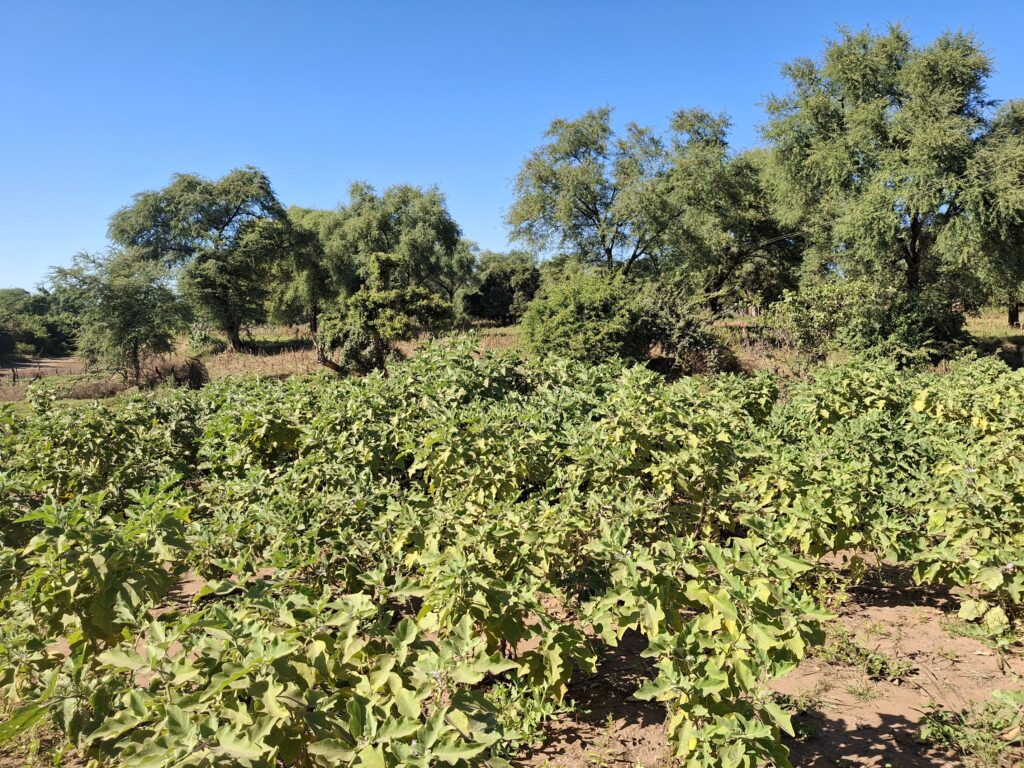
Eggplant field-harvest target market supply
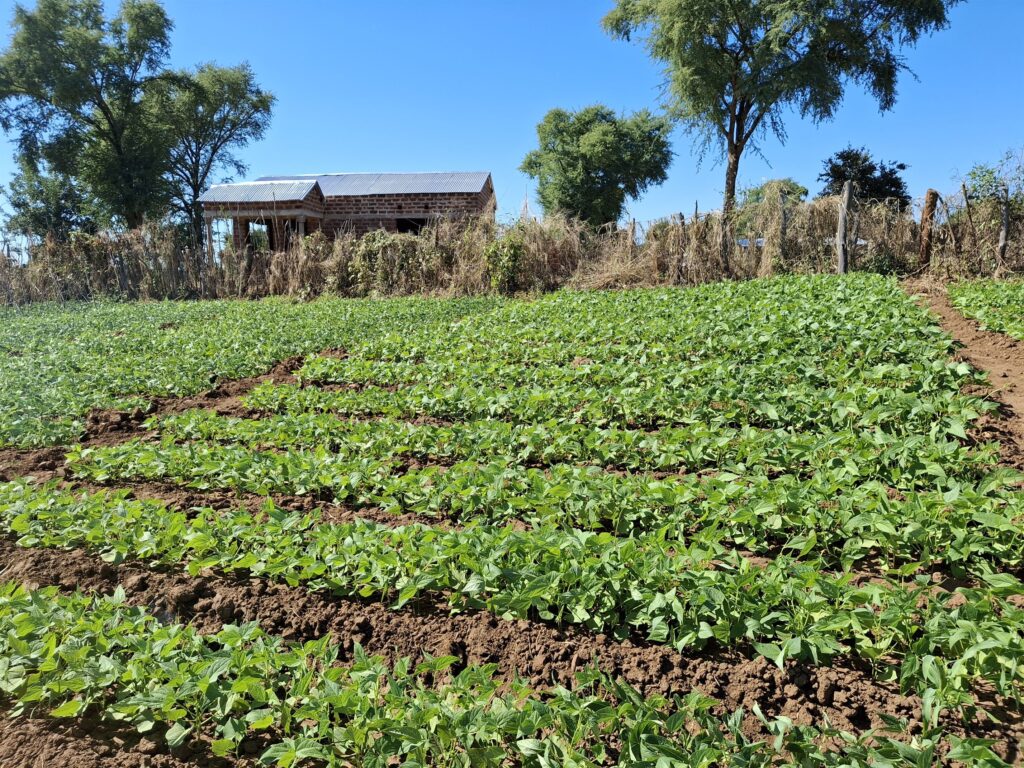
Beans field-harvest target market supply
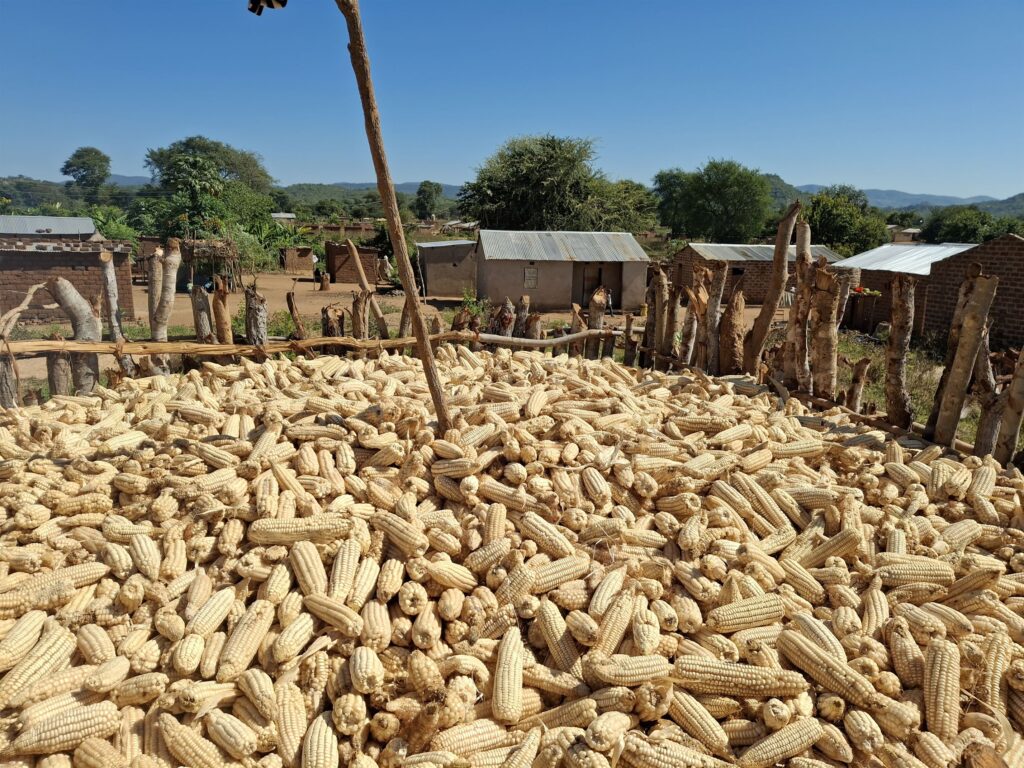
Maize post-harvest
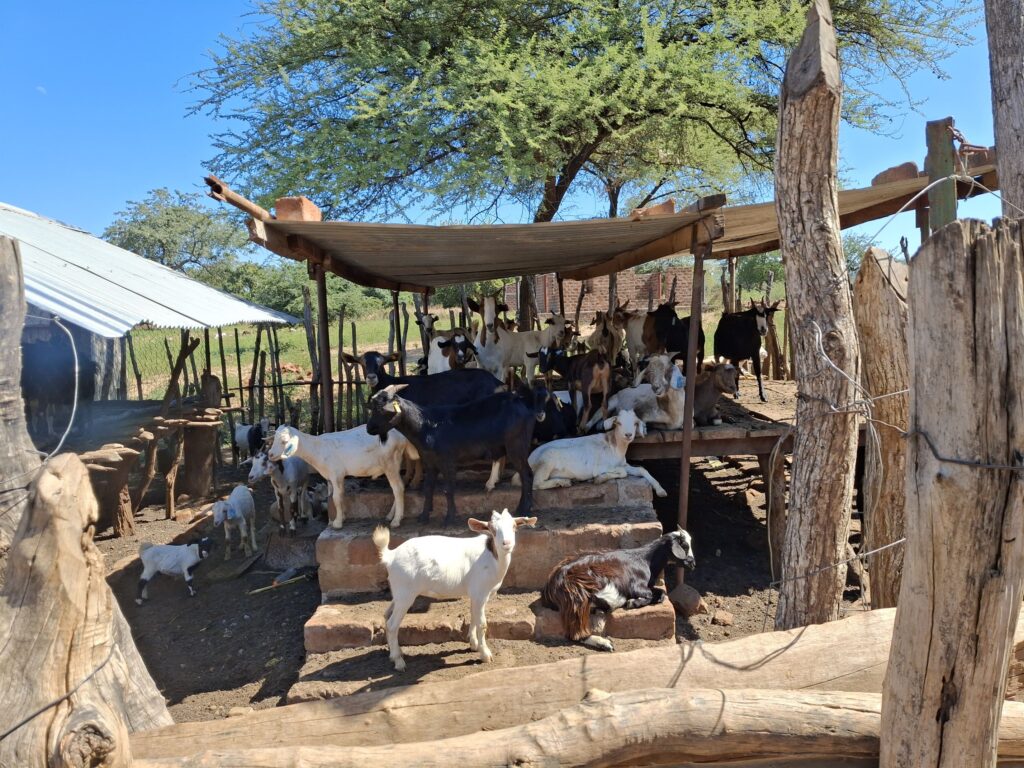
Goat rearing
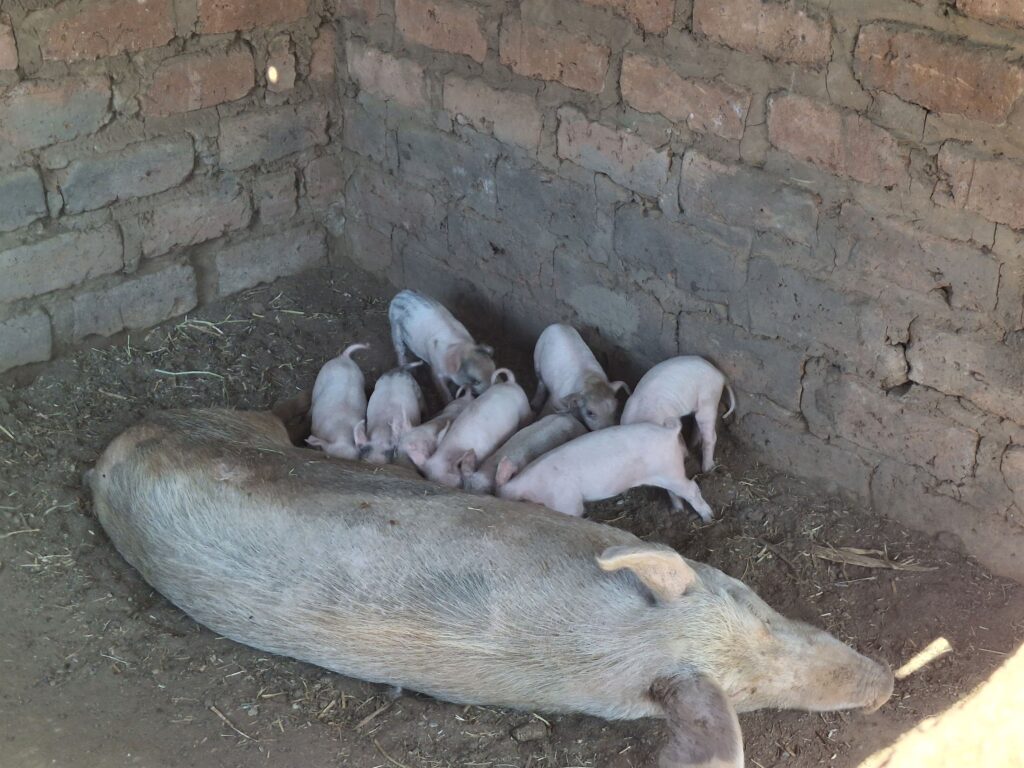
Piggery
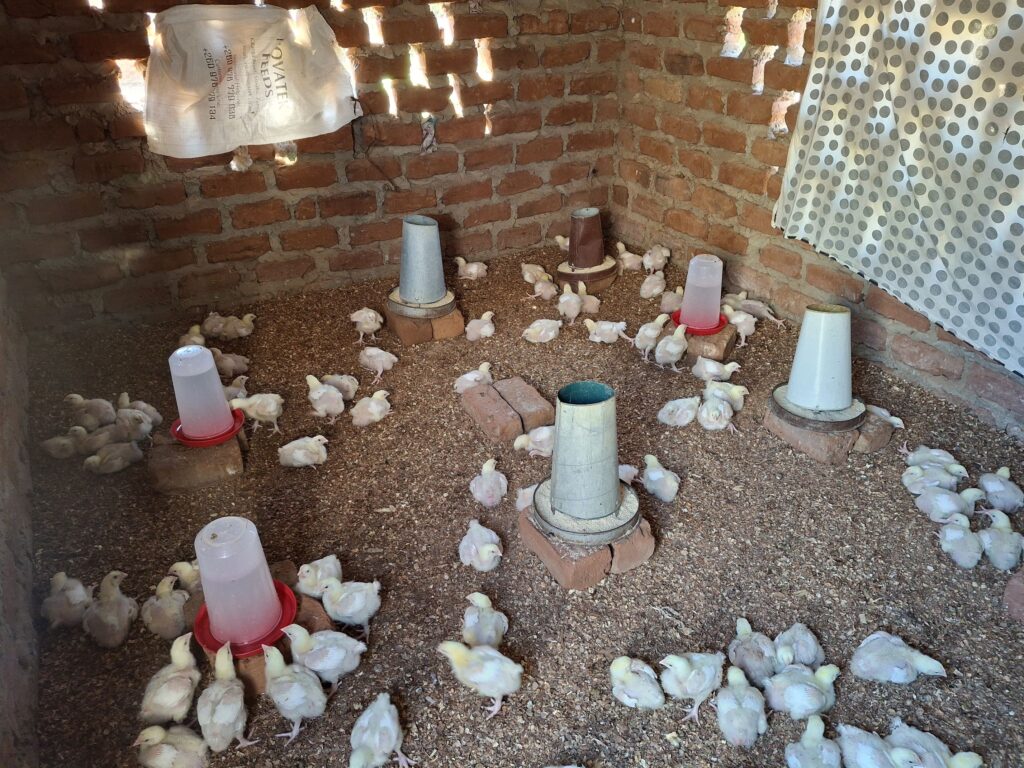
Chicken rearing
Acheivements To Date
Based on the success stories and observations from the last visit:
- Tujatishe Savings Group (Barbara Mondomana): Purchased 15 goats, which later multiplied to 45. Barbabara started gardening and maize farming, improving her ability to pay school fees and buy groceries, transforming her family’s livelihood.
- Kasau Savings Group (Emily Ngwenya): Engaged in gardening and maize farming, with share outs enabling Emily to buy goats and pay her children’s school fees, enhancing financial stability.
- Nkandabwe Irrigation Savings Group (Bridget Siamfuno): Bridget bought 10 goats, which later multiplied to 173, sold 40 goats annually, and purchased cows, funding her children’s university education.
- Nkandabwe Irrigation Savings Group (Shenkister Simuleya): Purchased 4 goats, which multiplied to 100, significantly boosting income through livestock sales.
- Nkandabwe Irrigation Savings Group (Mable Siapwaya: Overcame challenges like inability to pay school fees by starting beans farming after CEJ’s training in farming and livestock rearing.
- Success Savings Group: Engaged in chicken rearing, generating a profit of K15,000, strengthening group and individual livelihoods.
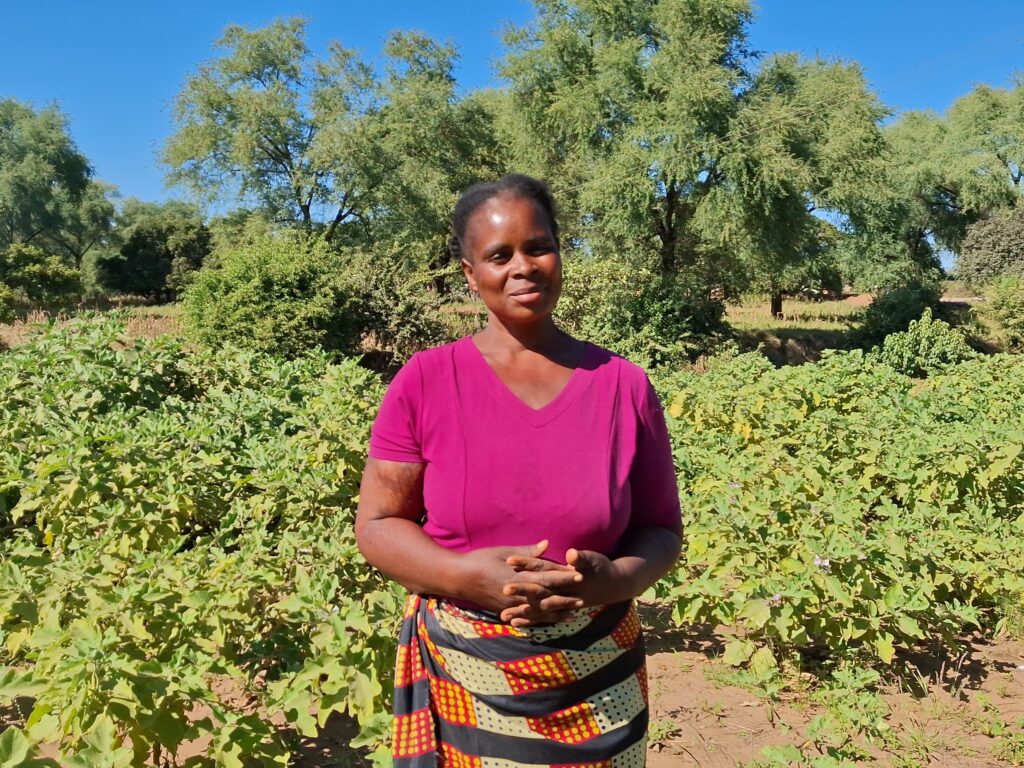
Barbara Mandona
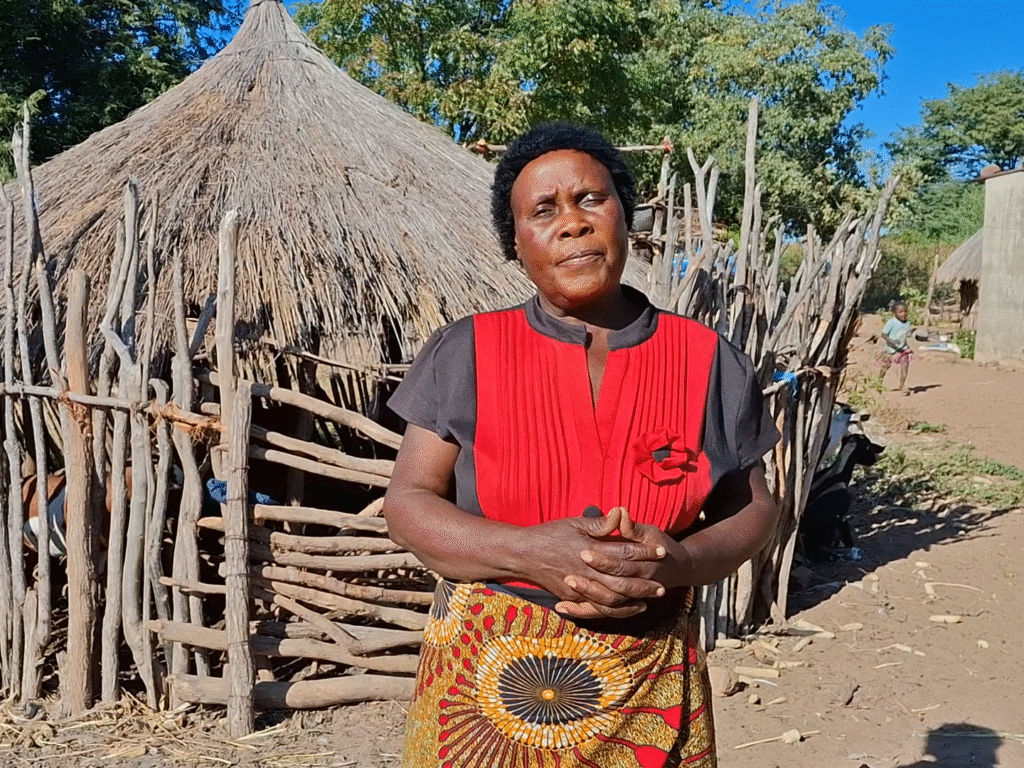
Emily Ngwenya
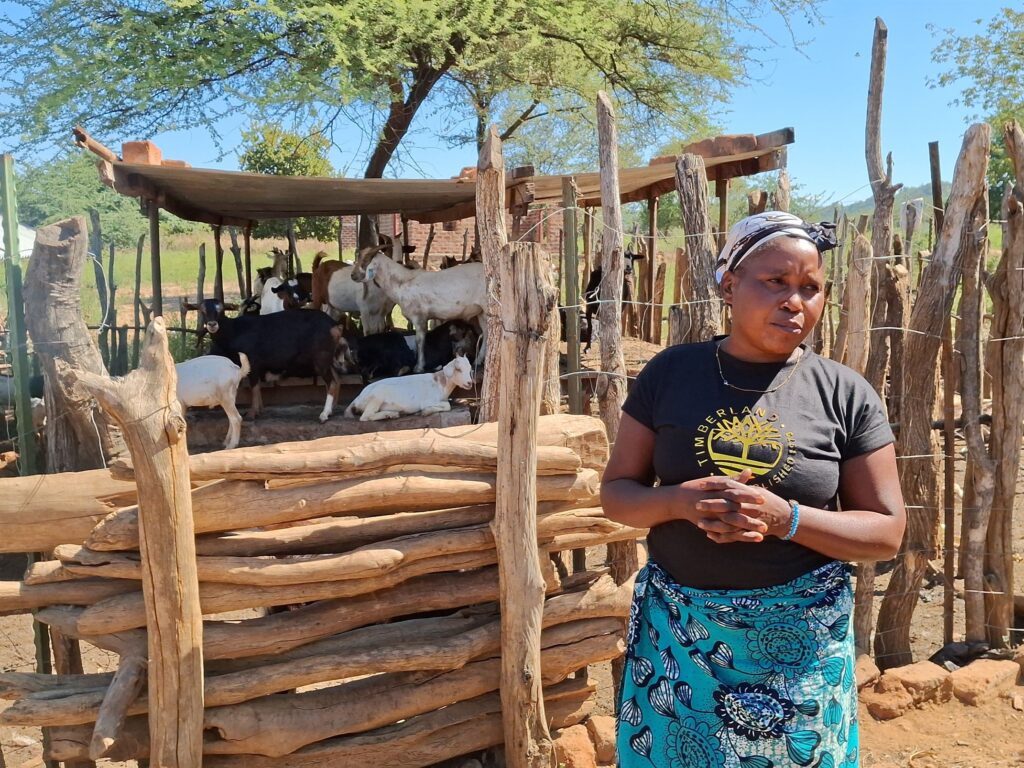
Bridget Siamfuno
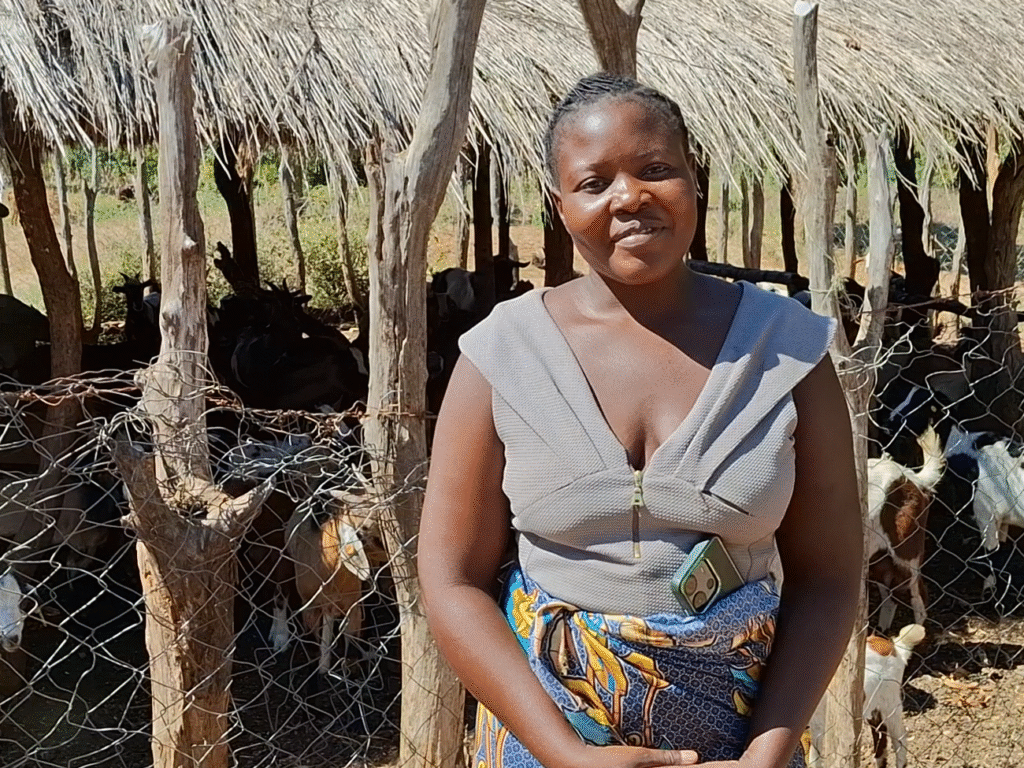
Shenkister Simuleya
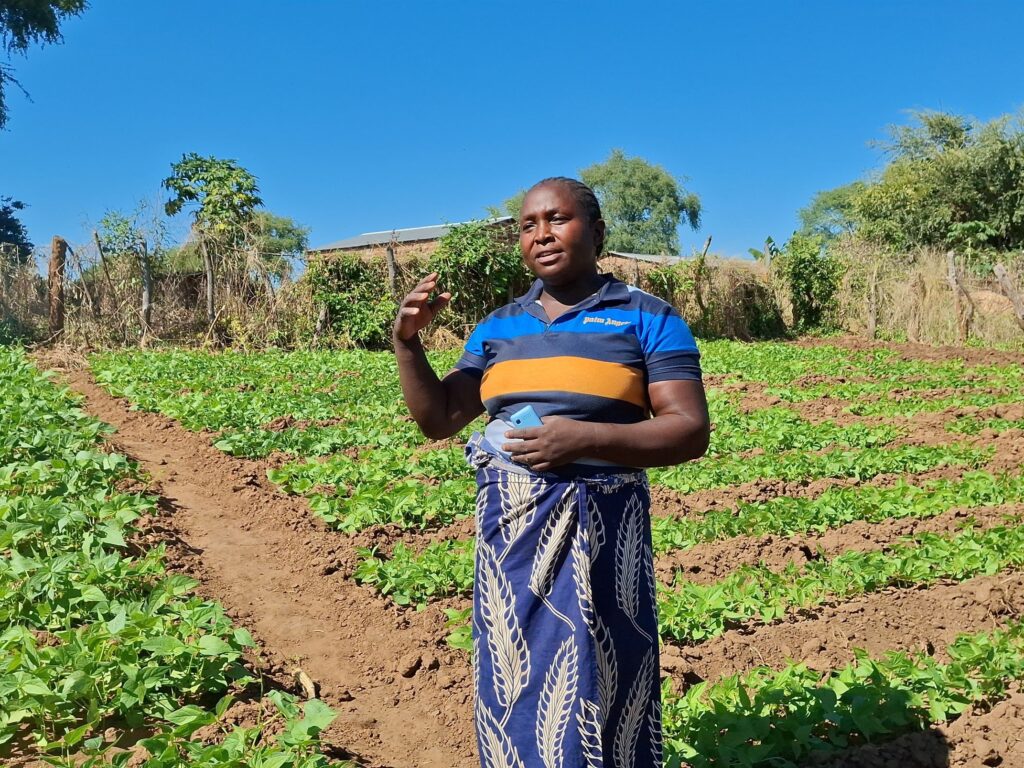
Mable Siapwaya
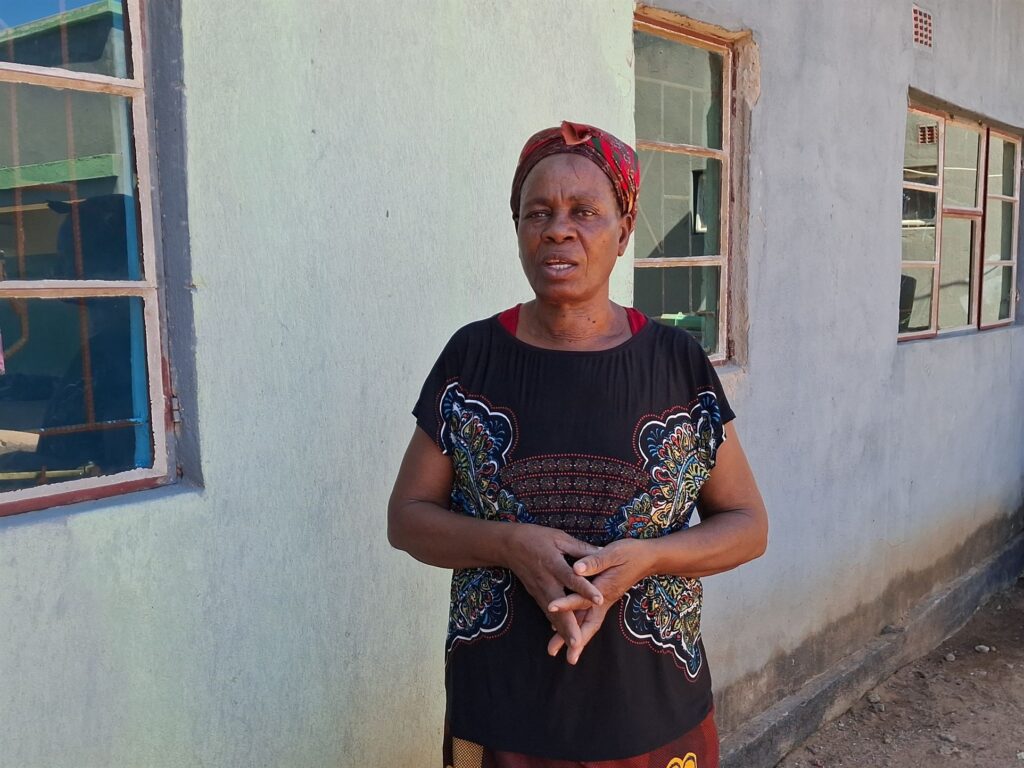
Charity Hamooya
Conclusion
The Voices for Climate Justice & Natural Resource Governance initiative has made significant strides in empowering marginalized communities in Sinazongwe, particularly women, through its food security and economic empowerment initiatives. By providing financial support, training in climate-smart agriculture, and market access, CEJ has enabled savings groups like Tujatishe, Kasau, Nkandabwe Irrigation, and Success to transform livelihoods, improve food security, and foster financial independence. Success stories from the several Savings groups demonstrate the tangible impact of these efforts, with outcomes ranging from increased household incomes to funding education and expanding livestock enterprises. These achievements align with the project’s broader goals of promoting equitable natural resource governance and climate resilience. Moving forward, continued support for these communities, coupled with sustained advocacy for policy reforms, will further amplify their voices and ensure sustainable, inclusive development in Zambia.
